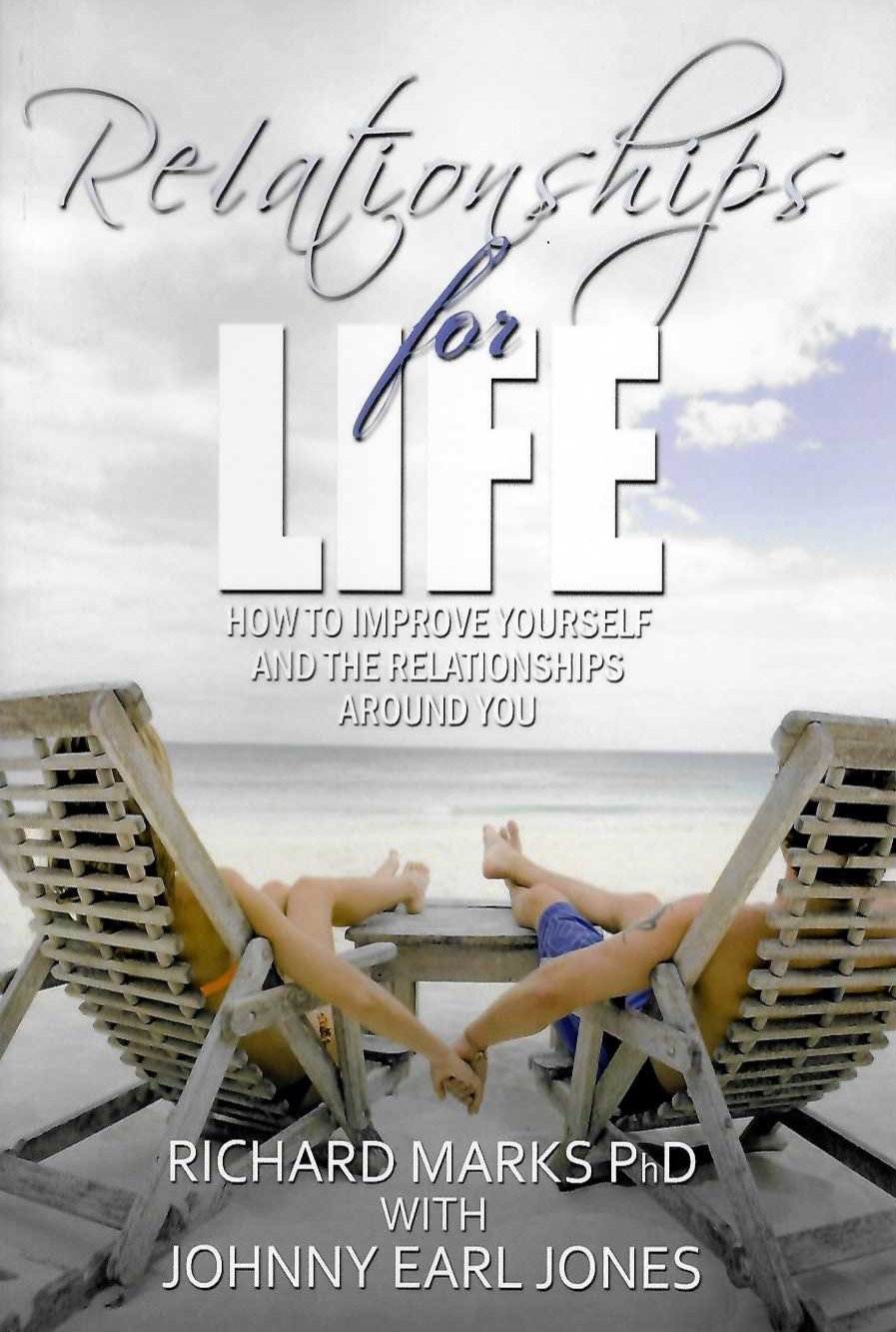Subsequently, Dr. Marks built upon this desire to change to help others find a path forward. “Either you care enough, or you don’t,” he said. “When you decide you do, we’ll support you. The worst message you can send to a relationship is that you don’t care.”
Much of Dr. Mark’s current counseling work involves one-on-one intensives helping couples where one or both struggle with clinical depression, addiction, or other emotionally dysregulated behaviors that negatively impact their marriage. He believes many of the problems stem back to a person’s inability to bond and attach, a healthy emotional behavior often not developed in those whose early family experiences involved trauma or abuse.
“Depression is not the reason a person doesn’t relate well,” Dr. Marks said. “A lot of research shows depression does not create loneliness. Loneliness causes depression. It stems back to Genesis 2:18. Even though Adam was in the perfect environment with God, until Eve was created, it was not good he was alone. We are intentionally designed to need God and others. The remedy to human aloneness is healthy emotional connection, bonding and attachment.” Dr. Marks is quick to point out that one can be married and deeply alone.
He’s found those experiencing clinical depression or addictions are not best served by individual counseling. 50% of people in active recovery are divorcing, he said, because recovery teaches you how to stay sober, but not how to bond. Addictions are a bonding disorder. Addicts don’t bond to people – they bond through objects. They try to get their relationship and intimacy needs met through something. If you don’t have healthy attachments, you can never mature. Discipleship (mentoring/coaching) is the key. He recommends a biblically based, 12-step study that teaches how to emotionally regulate, bond and attach.
He’s found answers to four core questions are learned early in life:
1) Do I have value?
2) Do I matter?
3) Am I loved and lovable?
4) Do I have a purpose?
















